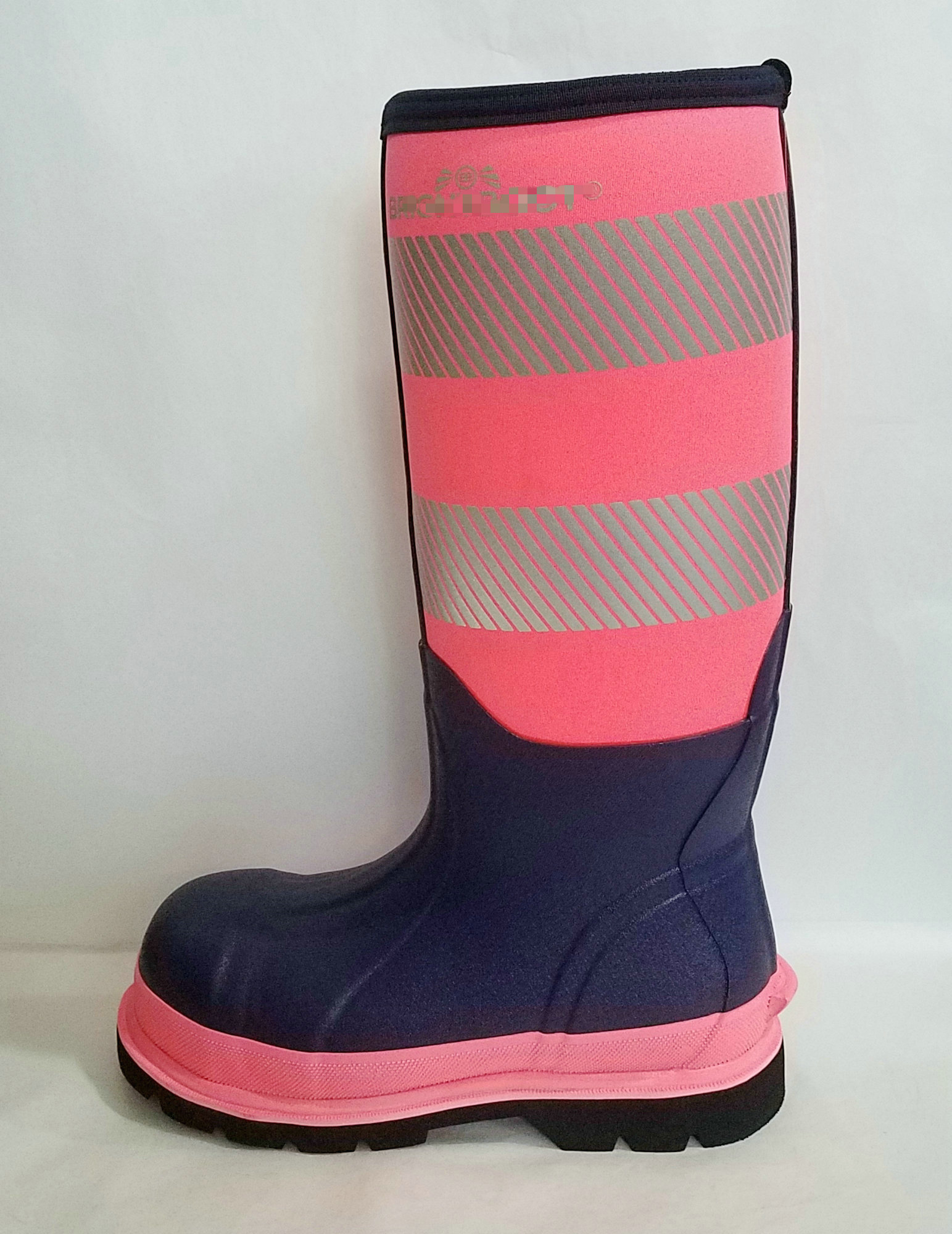The Rise of Custom Sports Shoes A Fusion of Functionality and Fashion
In today's dynamic world of athletics and fitness, custom sports shoes have emerged as a significant trend, bridging the gap between performance needs and personal style. As athletes and casual fitness enthusiasts alike seek to enhance their experiences, the demand for personalized footwear is on the rise. This article explores the growing popularity of custom sports shoes, highlighting their advantages, technological innovations, and the impact on the sports industry.
The Personal Touch
Custom sports shoes offer an unparalleled element of personal expression. Unlike mass-produced footwear, which tends to favor generic designs, custom shoes allow individuals to tailor their footwear to their unique preferences. Consumers can choose the colors, materials, styles, and even functionalities that best suit their needs. This customization not only enhances the aesthetic appeal but also allows athletes to reflect their personalities and team spirit.
Moreover, the ability to customize sports shoes is particularly beneficial for athletes with specific foot shapes, sizes, or orthotic needs. Customization options can accommodate varied arch support, width variations, and heel heights, promoting comfort and reducing the risk of injuries during training or competitions. Personalized fits ensure that athletes maximize their performance while minimizing discomfort, a win-win situation for anyone serious about sports.
Technological Innovations
The rise of custom sports shoes is largely driven by significant advancements in technology. Brands are adopting sophisticated manufacturing techniques such as 3D printing and computer-aided design (CAD) to deliver customized products efficiently. These innovations enable companies to create shoes tailored to an individual's biomechanics, ensuring a superior balance of support and flexibility.
Some brands have even introduced online platforms where consumers can design their shoes interactively. Users can visualize their creations in real-time, selecting various elements like color schemes, materials, and additional features. The enhanced design experience empowers customers to be a part of the creation process, making it more than just a shopping transaction.
custom sports shoes

Furthermore, integrating smart technology into sports shoes is revolutionizing how athletes interact with their footwear. For instance, some custom shoes come equipped with sensors that track performance metrics like speed, distance, and stride length. This data provides valuable insights, helping athletes fine-tune their training regimens and ultimately improve their performance.
Impact on the Sports Industry
The push towards custom sports shoes is not merely a consumer trend; it represents a broader shift in the sports industry. Brands that champion customization are experiencing increased customer loyalty, as consumers appreciate the brand's commitment to meeting their specific needs. This shift is prompting a re-evaluation of traditional marketing strategies, with customized products becoming central to many companies' value propositions.
Moreover, this trend advocates a sustainable approach to manufacturing. Custom shoes can reduce waste by producing only what is ordered, as opposed to mass production that often results in surplus inventory. This aligns with the growing consumer demand for environmentally friendly products and practices. More brands are recognizing that sustainability and customization can coexist, leading to innovative solutions that address consumer desires while being mindful of the planet.
Conclusion
The rise of custom sports shoes is a testament to the evolving landscape of the athletic footwear market. By merging functionality with individual expression, these shoes fulfill the needs of modern athletes in ways that standardized models cannot. Technological advancements and a focus on sustainability only enhance this trend, making custom sports shoes a promising segment within the sporting goods industry.
As consumers continue to seek products that reflect their personal identity and cater to their specific requirements, we can expect the demand for custom sports products to soar. Brands that embrace this movement not only have an opportunity to meet evolving consumer preferences but to redefine what athletic footwear can be—a seamless blend of performance, comfort, and personal style.
-
Stay Dry in Any Condition with WadersNewsJul.17,2025
-
Elite Performance with Camouflage Combat BootsNewsJul.17,2025
-
Dry and Comfortable with Green Rubber Garden ShoesNewsJul.17,2025
-
Convenient Protection with Foldable RainbootsNewsJul.17,2025
-
Comfort and Protection with Neoprene Work BootsNewsJul.17,2025
-
Brighten Rainy Days with Floral Rain BootsNewsJul.17,2025
-
Safety Wellies: The Ultimate Combination of Protection, Comfort, and VisibilityNewsJun.19,2025











